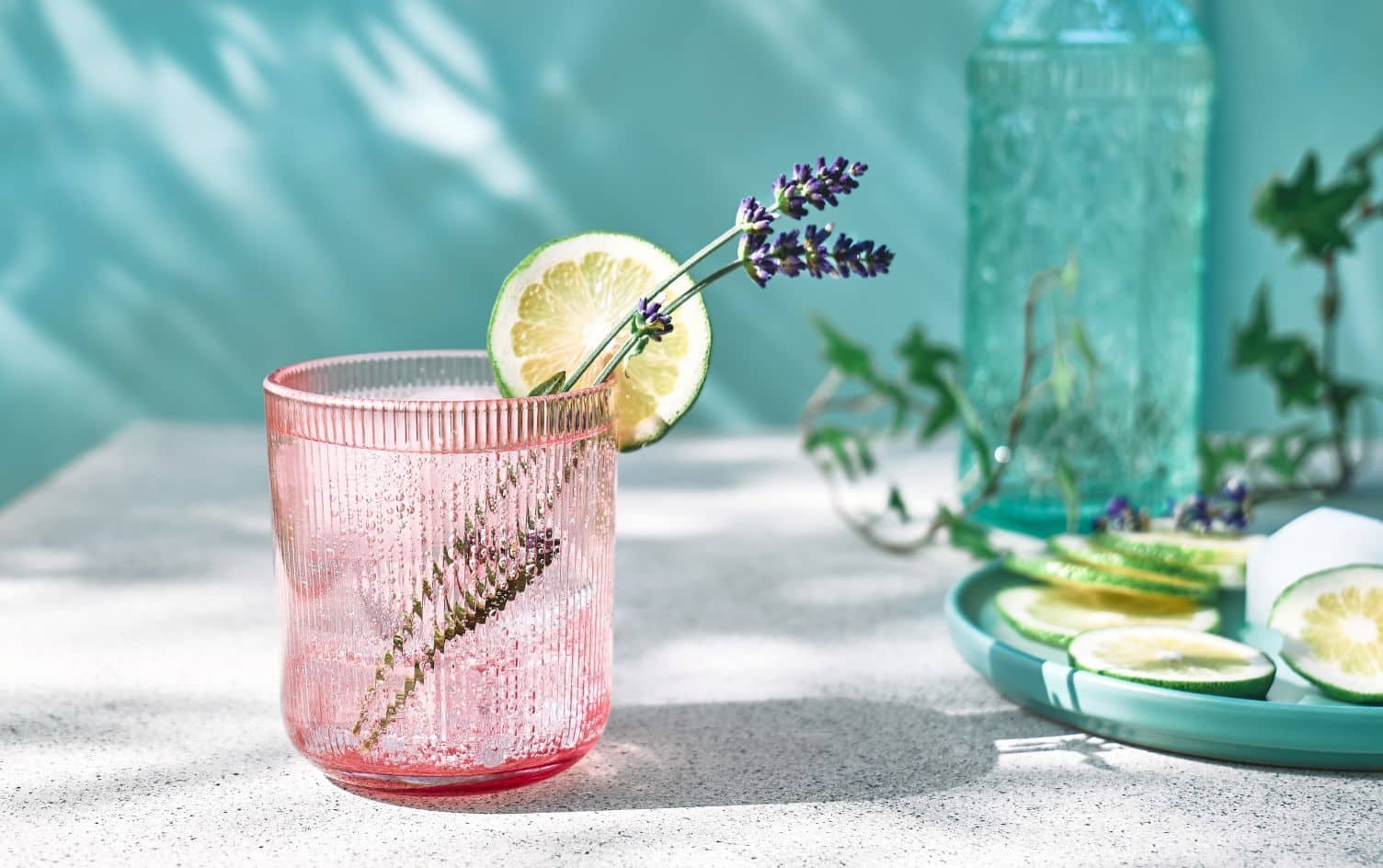Some say low-to-moderate drinking can be part of a healthy lifestyle (hello, Mediterranean diet), others say even that isn’t healthy. Whatever your choice, the zero-proof trend could be worth exploring — if only to try new flavors. These concoctions promise to provide the vibe of drinking something special — without the alcohol. Think: sparkling waters, dry sodas and nonalcoholic cocktails and beer.
The zero-proof alcohol trend and Dry January go hand in hand; because Dry January has become so buzzy, zero-proof cocktails are trending. However, just because these drinks don’t contain alcohol, it doesn’t mean they’re not packed with sugar or calories. “I’d first encourage clients to examine the reason why they’re doing a Dry January,” says Andrea Mathis, MA, RDN and owner of Beautiful Eats and Things in Pinson, Alabama.
“If you’re doing it with the impression that it’s a quick way to lose weight, a Dry January won’t always help deliver those results,” she says. Some of these nonalcoholic cocktails or booze alternatives are high (or higher) in sugar — and thus calories. That can even inadvertently lead to weight gain if you’re guzzling the wrong stuff in place of a cocktail.
For instance, order a mocktail at a bar, and you may be handed a drink that contains tonic, fruit juice, soda and/or simple syrup — all of which pack a serious amount of sugar, says Mathis. A better option is to ask for soda water with a splash of juice or go for soda water with muddled herbs and fresh citrus. One satisfying order is soda water with muddled mint and fresh lime. (Just like a mojito!)
HOW TO SHOP FOR ZERO-PROOF ALCOHOL
Just because it’s zero-proof or non-alcoholic doesn’t automatically mean it’s the best choice. Mathis recommends sleuthing out the label. Read the entire ingredient list and look at the calorie count and grams of sugar and use that information to determine if it fits into your diet — and health goals — for the day.
Here are several options, some of which are zero-proof and zero-calories:
Booze-Free Brews: Parktake Brewing is a vegan, nonalcoholic craft beer made from water, barley, hops and yeast. (The ABV is 0.3%.) Each can packs as little as 10 calories and it comes in a variety of brews, including IPA, blonde, pale and stout. Similarly, Heineken 0.0 is a nonalcoholic lager with 69 calories. Compare that to Heineken light with 99 calories per bottle.
Alt Spirits: Companies like Seedlip and Ceder’s have crafted nonalcoholic botanical-based spirits that can be mixed with sparkling water. Seedlip has zero calories. Ritual Zero Proof makes alt gins and whiskeys, and it offers the genius suggestion to mix its spirits with liquor to make low-ABV cocktails. (Come February, of course.)
Clean Cocktails: Curious Elixirs makes a line of bottled alcohol-free cocktails from juice, fruit, herbs and spices. (For instance, “No. 1” is its take on a Negroni.) While they contain no added sugar, the fruit juice adds up — one bottle has as many as 36 grams of sugar and 170 calories. No. 3 — a twist on the Bee’s Knees and a Cucumber Collins — is the most calorie-conscious of the bunch, with 20 calories and 6 grams of sugar per bottle.
Sober Sparklers: Sodas like Dry Sparkling are essentially lower sugar soda alternatives made from inventive flavors, like Fuji apple, blood orange, cucumber and lavender. Its ingredients are simple — carbonated water, sugar and natural flavors. If you like the bubbles and sweetness of soda, it’s a better alternative with 45–70 calories and 14–19 grams of sugar, compared to 160 calories and 39 grams of sugar in a regular lemon-lime soda.
Calm Kombucha: Try pouring kombucha into a tumbler or wine glass. The fizzy, fermented drink has a bite similar to a cocktail. These are made with sugar (it’s what produces fermentation), but some brands have less added sugar than others. One recommendation: Health-Ade Kombucha’s original flavor has just 60 calories and 12 grams of sugar per bottle.
Kicked-Up Water: There’s a reason flavored waters (like LaCroix, Waterloo and Spindrift) are so popular right now; these are calorie-free or low-in-calories and contain no added sugar. Another idea: Vita Coco Sparkling Coconut Water, with 25 calories and 4 grams of sugar. The pineapple flavor is like a light pina colada.




